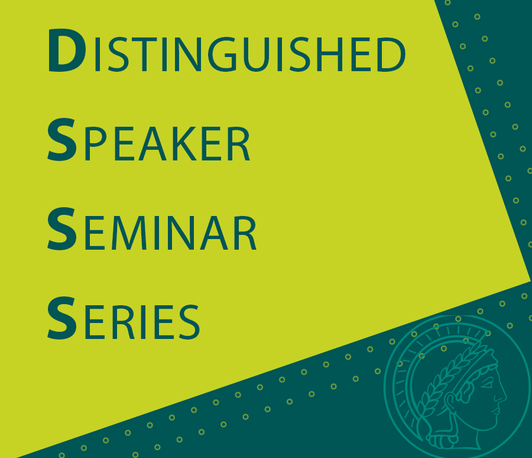DSSS - Co-diversification and co-adaptation in the mammalian gut microbiome
- Datum: 21.07.2023
- Uhrzeit: 15:00 - 16:00
- Vortragender: Andrew H. Moeller
- Assistant Professor Department of Ecology and Evolutionary Biology Cornell University
- Ort: NO.002, MPI für Intelligente Systeme

Mammals harbor complex gut bacterial communities that are deeply integrated with their hosts’ phenotypes and fitness, but the evolutionary histories of these symbioses are poorly understood. In this seminar, I will show that gut bacteria have co-diversified with mammalian species over millions of years, and I will present experimental evidence that these long-term, intimate interactions have shaped the adaptive evolution of both symbionts and hosts. Genome-resolved metagenomic analyses of humans, non-human primates, and rodents revealed hundreds of gut bacterial clades descended from ancestral symbioses that have been maintained within host-species lineages for hundreds of thousands of host generations. Notably, nearly half of the co-diversifying gut bacteria present within wild living African apes were not detected in any human population sampled to date, indicating widespread extinctions of ancestral, host-species specific symbionts from humans. Experiments in germ-free mice showed that host-species specific microbiota display home-site advantage and promote fitness-related traits in their endogenous host species, indicative of co-adaptation between hosts and gut bacteria. Cumulatively, this work identifies ancient mammal-bacteria symbioses, including many that have been lost from humans, and demonstrates adaptive bases for their maintenance of these relationships.